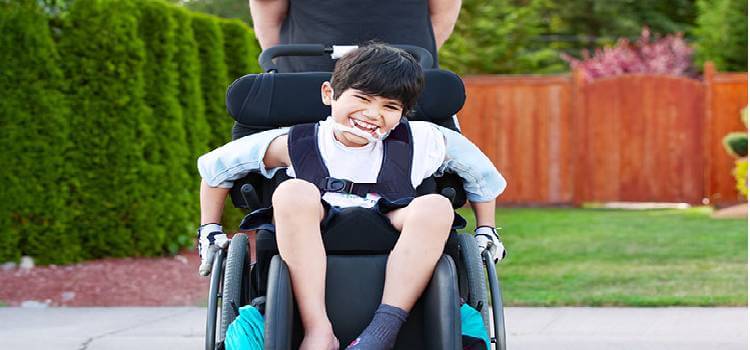
It’s pretty well-established that your brain’s really important. It’s like, if your body was a computer, your brain’s the CPU. It controls everything, whether you’re aware of it or not. Cerebral palsy means “brain disease causing paralysis”;
Cerebral palsy refers to damage to the brain that causes loss of muscle control, like for example, if the cerebellum was damaged, patients might have issues with fine motor skills like using writing or typing.
Cerebral palsy’s considered a neurodevelopmental disease, meaning that something happens to an area of the brain during its initial development, which is an extremely sensitive period. If that area doesn’t develop right, then it can’t carry out whatever function it’s supposed to control.
Cerebral palsy appear during infancy or preschool years. In general, cerebral palsy causes impaired movement associated with abnormal reflexes, floppiness or rigidity of the limbs and trunk, abnormal posture, involuntary movements, unsteady walking, or some combination of these.
Cerebral palsy's effect on function varies greatly. Some affected people can walk; others need assistance. Some people show normal or near-normal intellect, but others have intellectual disabilities. Epilepsy, blindness or deafness also might be present.
The common symptoms are as follows:-
The majority of cerebral palsy cases are thought to happen before birth, or prenatally, which typically means the underlying cause is really hard to pin down. Exposure to radiation and infection during fetal development can cause cerebral palsy. Hypoxia to the developing fetus can cause Cerebral palsy as well, in this case the developing brain doesn’t get enough oxygen.
Its a non-progressive disease which doesn't get worse overtime.